For a Better Lab
My current research experience has taught me some lessons that I would like to share with my readers. For some reason, I had an incredible wish to write about it today and I’m doing it now after getting some inspiration from some Belgian beers.
The point is, how to create a creative environment where people feel really comfortable and motivated to conceive, develop, disseminate and exploit their ideas? I listed below what I believe that could make a research even better, pleasant and productive.
-
Research is made by people, not by machines: at least in the area of technology we all work heavily with computers, but all what computers can do is to follow our own instructions, nothing else. So, a research cannot be good enough if it doesn’t consider a human or an environmental perspective. So, if you make a bunch of calculations to prove some concept and you don’t consider the impact of that proof on people’s lives or the environment where the research is inserted, then your research will be less convincing. I don’t have enough space to give examples here, but you can test my theory by commenting this post with your questions.
-
Being concentrated means being together: sometimes we want to stay alone to get concentrated and have something done. This is totally valid, but the best way to be concentrated is being forced to be concentrated by the presence of other members of your team, if you have a team, of course. These days, there are so many ways to get distracted, reading news, twittering, following friends’ lives on Facebook, that a lonely work could be twice unproductive than a cooperative work. Don’t be sure that you are doing something together with other people just because you all are in the same research project. Projects can force people to work together and the benefits of being together is only achievable by wishing it.
-
Better than publishing is to be referenced: the effort to publish a paper in a good conference or periodic is substantial. We all know that. But the hardest achievement is to have your work referenced by the scientific community. A reference is a recognition that your work exists and had some impact, positive or negative, on somebody else’s work. References are also an important indicator of relevance for journals, magazines, conferences and even universities. In the context of a lab, I would say that the best way to get the first references to your work is disseminating your own research in the lab, let people know details about it, and visualize how your solution can be also a solution for other problems in the lab. Usually, researches in the same lab are closely related, increasing the probability that a work can help other works around. Perhaps, some level of envy can be a barrier at the beginning, but you can manage it by taking the initiative of referencing their research first.
-
Knowledge management: a lab without knowledge management is like a brain without memory. It reasons many times about the same thing with minor evolution. In fact, companies, that usually don’t dedicate most of their time on innovation, are implementing complex and expensive knowledge management solutions. Why labs, where creativity and innovation are the raw material of production, don’t do the same? They should. What researchers produce should be easily found and linked with other works. Other researchers should be able to comment on other people’s work, recommend further references, suggest improvements, etc. When people bring proceedings from conferences, the whole lab has the right to freely access these resources, but without a knowledge management approach, these innocent gestures are simply forgotten.
-
Knowledge sharing: are you afraid to share your ideas in the lab, afraid that people can steal them? Have you considered that your research conclusions might be wrong and the time you spent proving that the wrong is right is twice bigger than discussing your ideas with others and maybe do a shared work with them? Four or more hands produce more than two. So, when you present your work in an internal seminar, make sure that it is a pleasure not an obligation and you are actually looking for contributors, not being free from tough questions.
-
There are real scientific contributions between the edges of two or more projects: projects are usually focused on a certain problem or a category of problems, but there is no doubt that the results of a project can produce considerable contributions to other projects. So, it’s a sort of blindness when projects just follow their natural course and do not spread a wave of benefits for all other projects around.
-
Write alone and write less: if you are desperate about the progress of your research, be sure that one of the causes for this feeling is the fact that you are working mostly alone on your goals. So, find a way to get contribution by contributing for other people’s work.
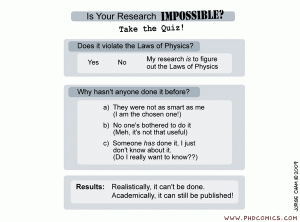
That’s it! Be my guest and comment this post because I’m very curious about your opinion.
Recent Posts
Can We Trust Marathon Pacers?
Introducing LibRunner
Clojure Books in the Toronto Public Library
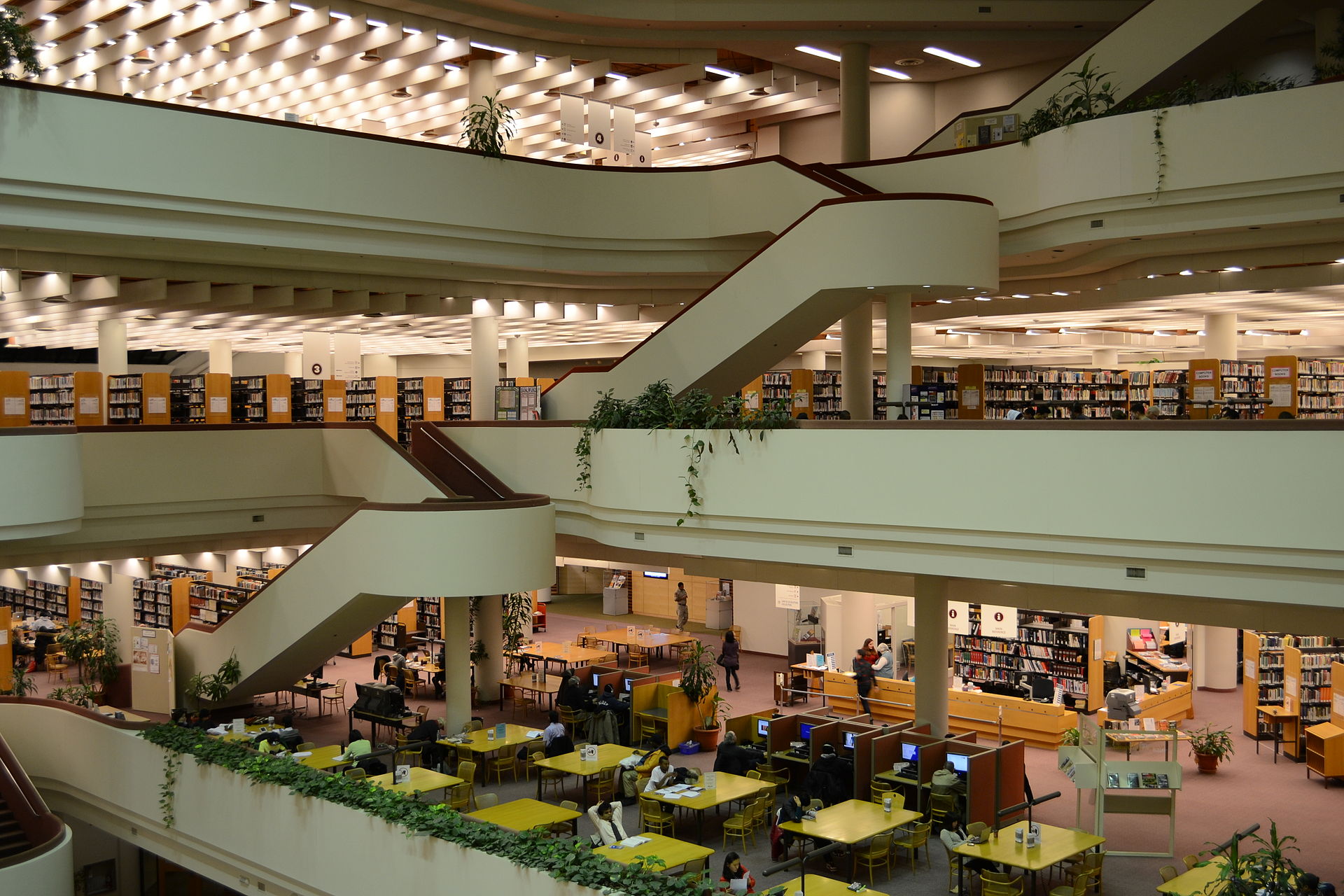
Once Upon a Time in Russia

FHIR: A Standard For Healthcare Data Interoperability
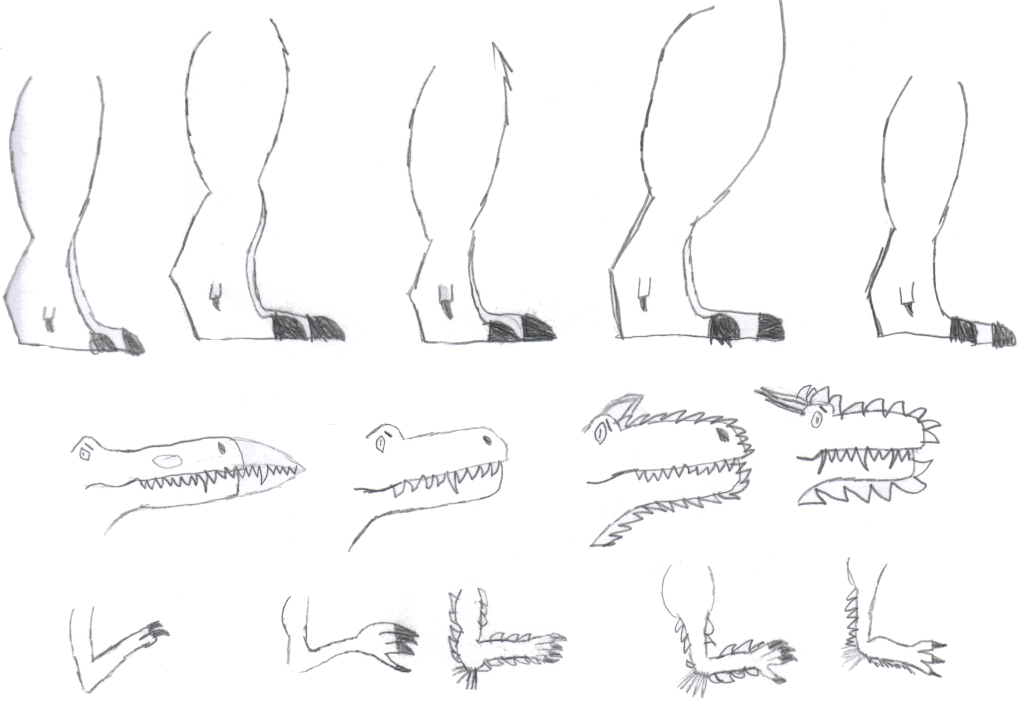
First Release of CSVSource
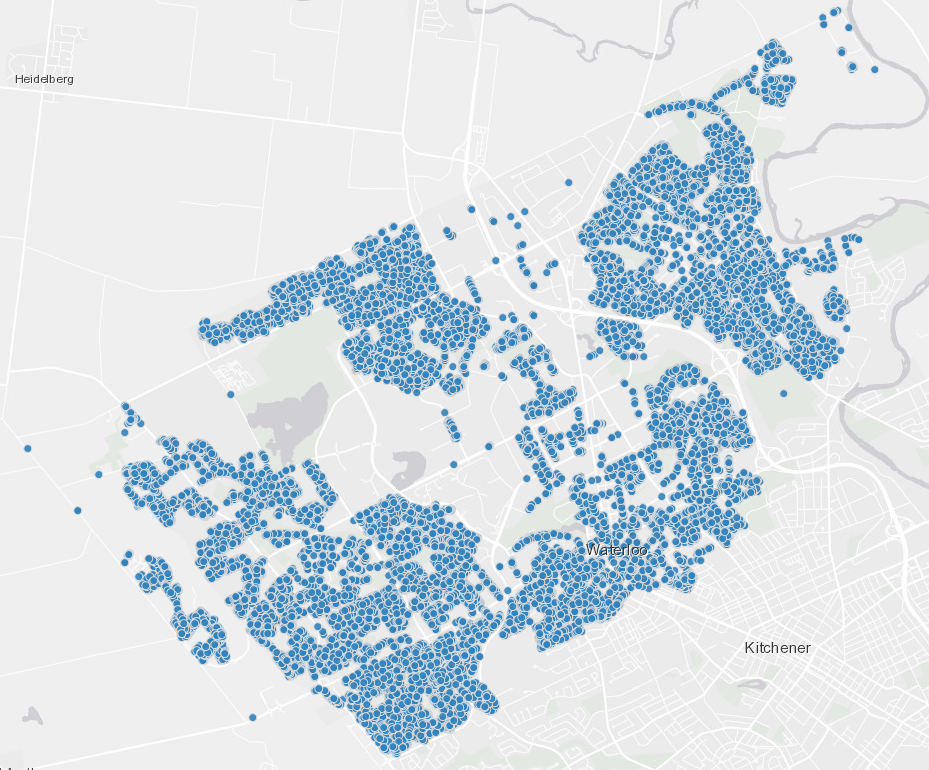
Astonishing Carl Sagan's Predictions Published in 1995

Making a Configurable Go App
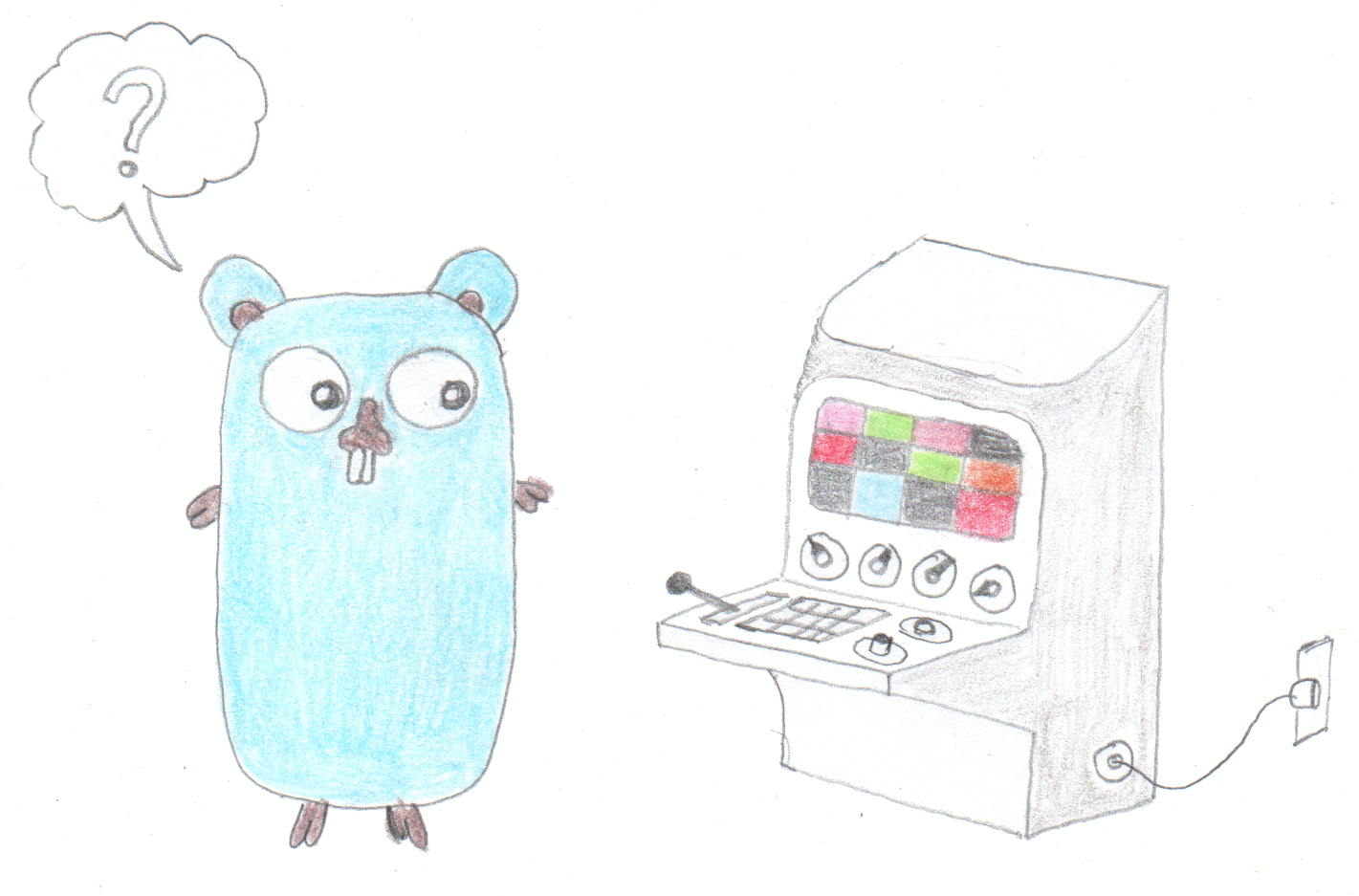
Dealing With Pressure Outside of the Workplace
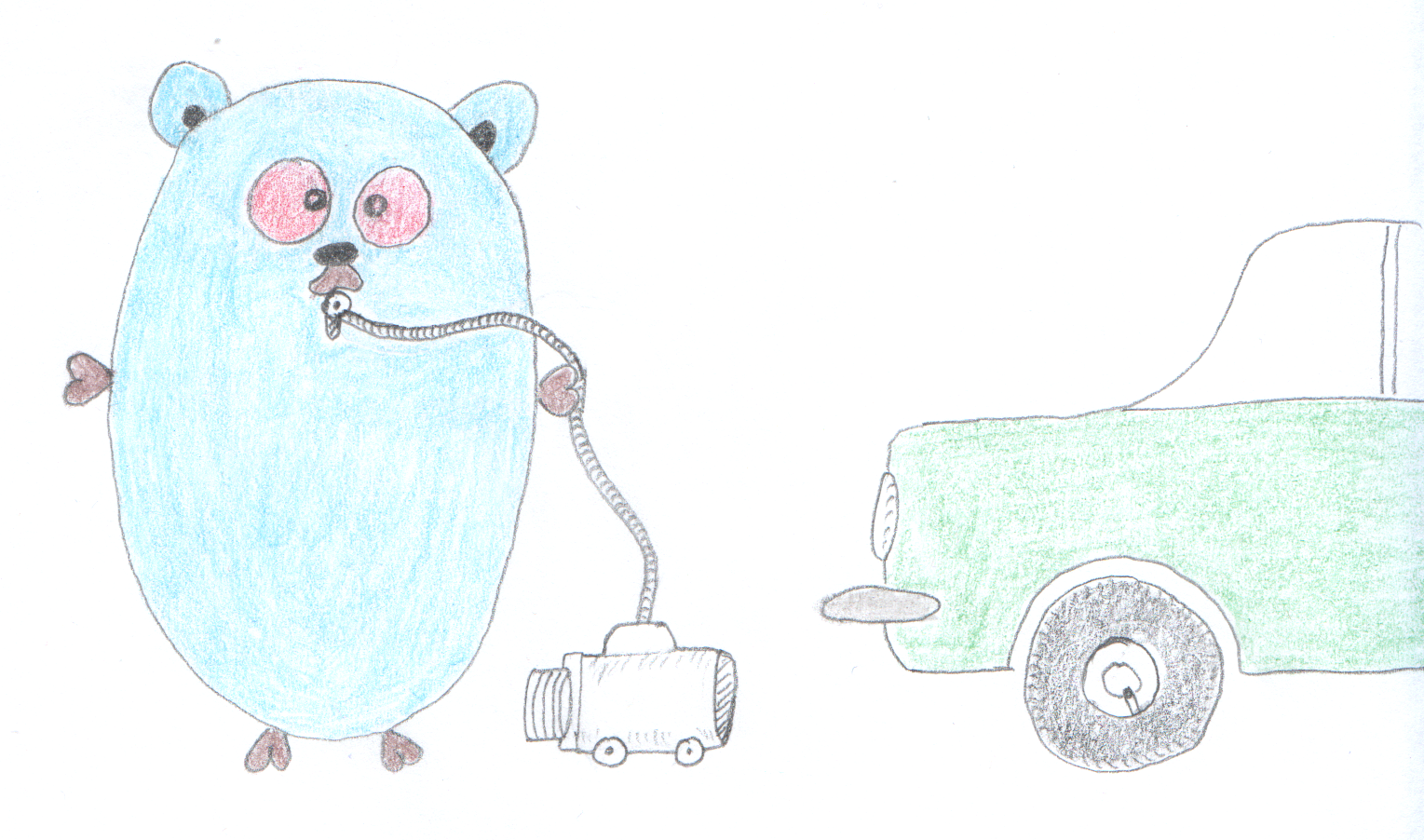
Reacting to File Changes Using the Observer Design Pattern in Go
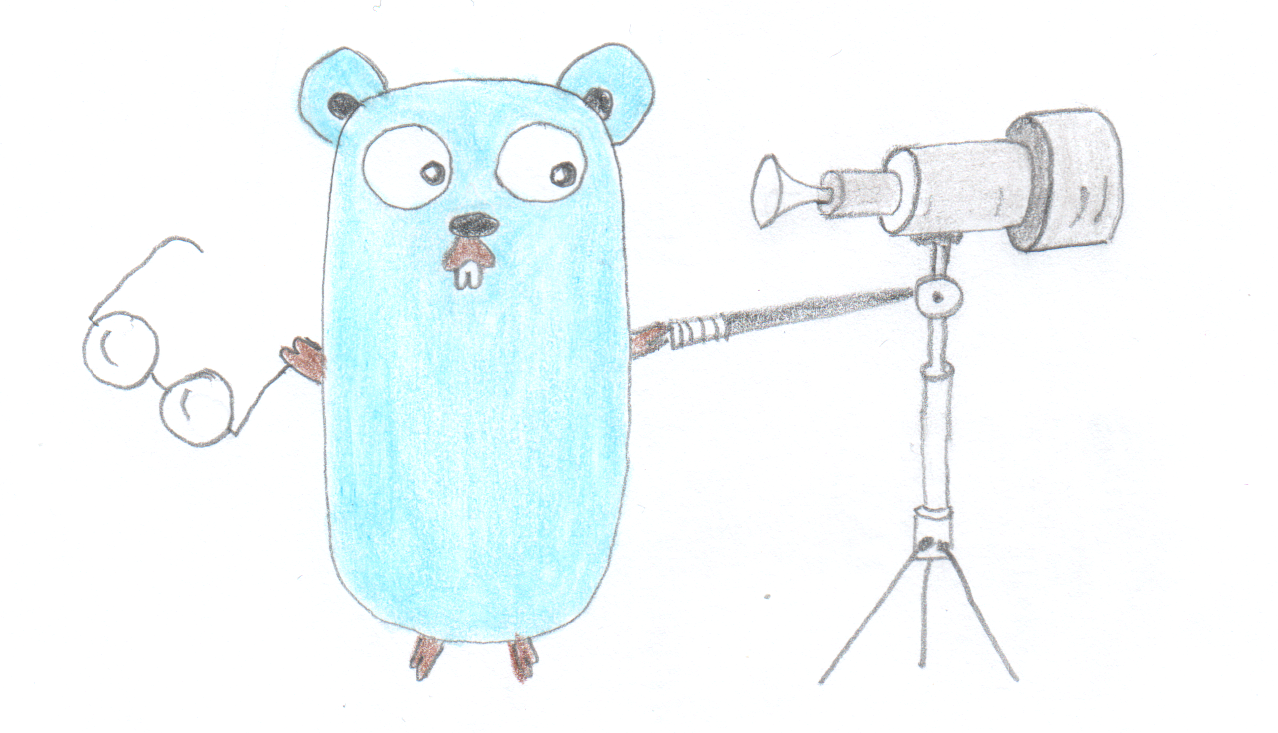
Provisioning Azure Functions Using Terraform
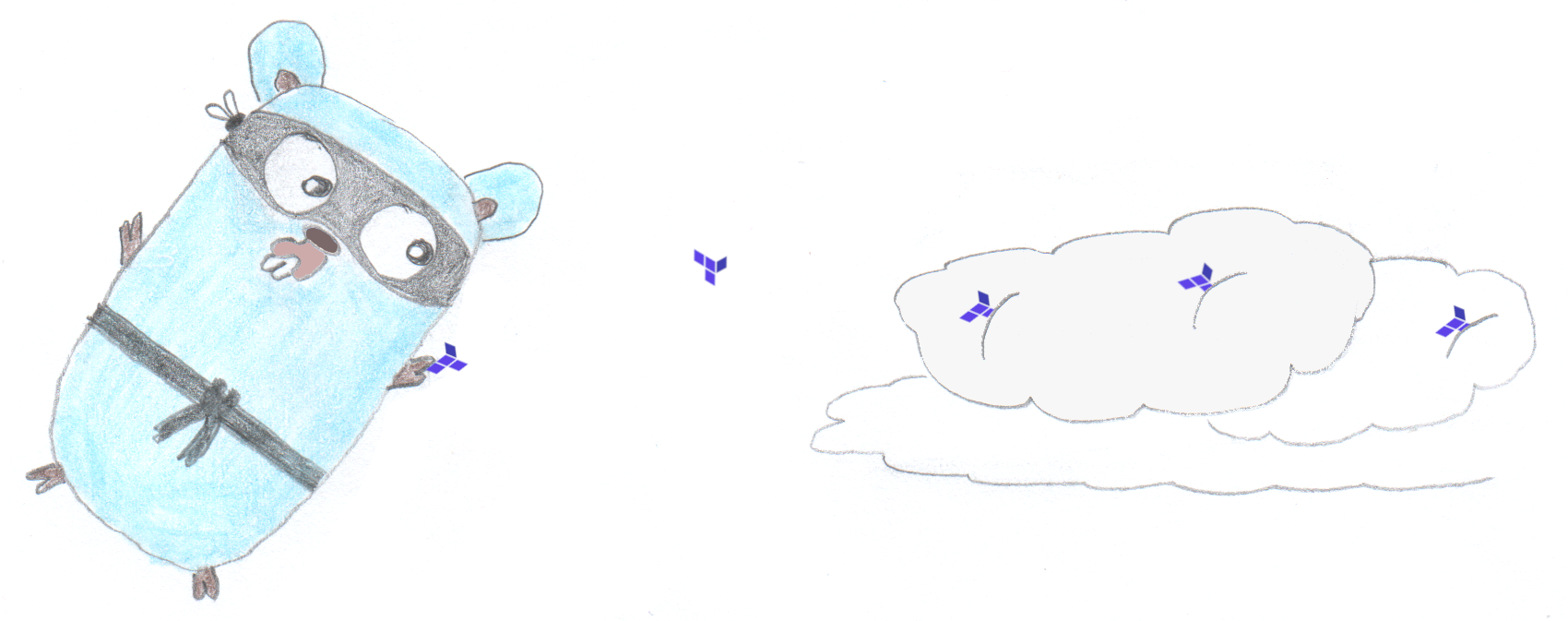
Taking Advantage of the Adapter Design Pattern
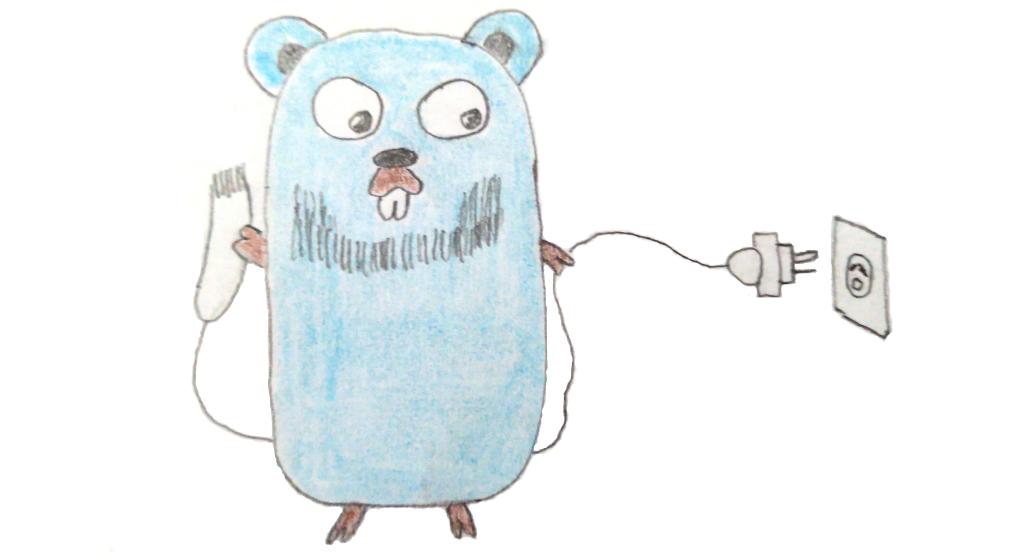
Applying The Adapter Design Pattern To Decouple Libraries From Go Apps
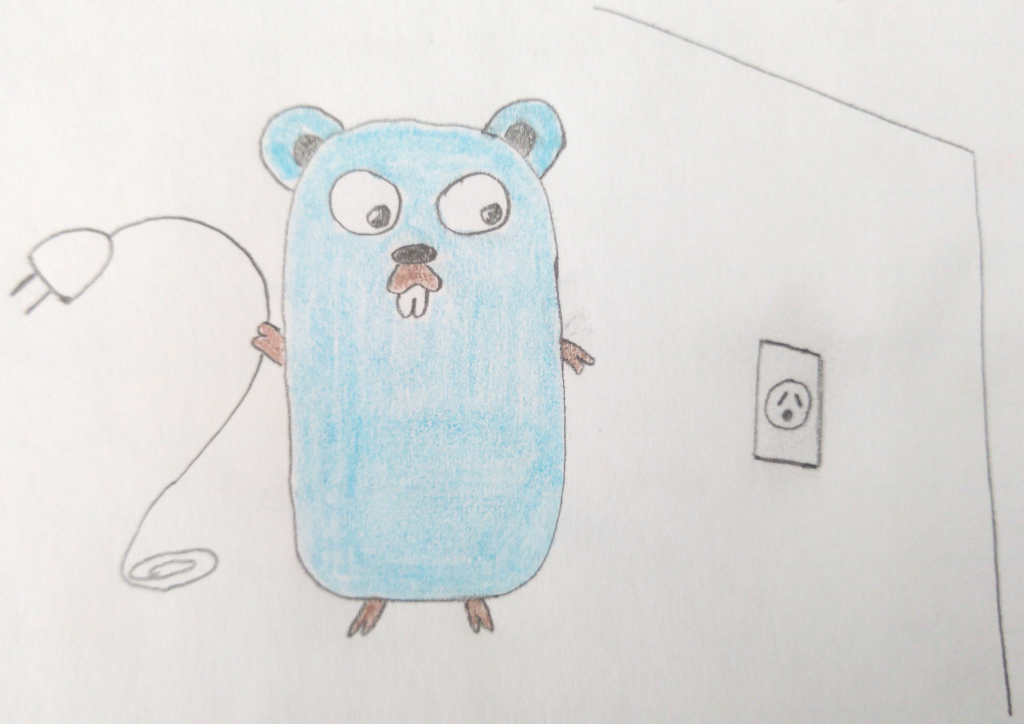
Using Goroutines to Search Prices in Parallel
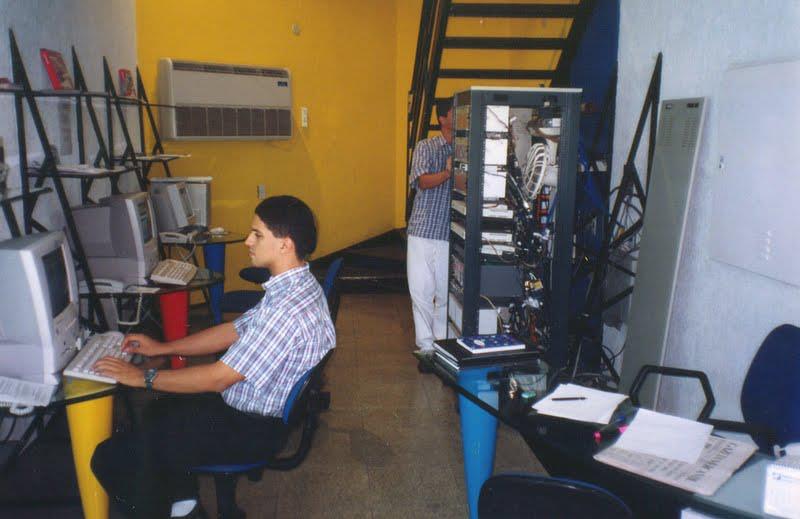
Applying the Strategy Pattern to Get Prices from Different Sources in Go
